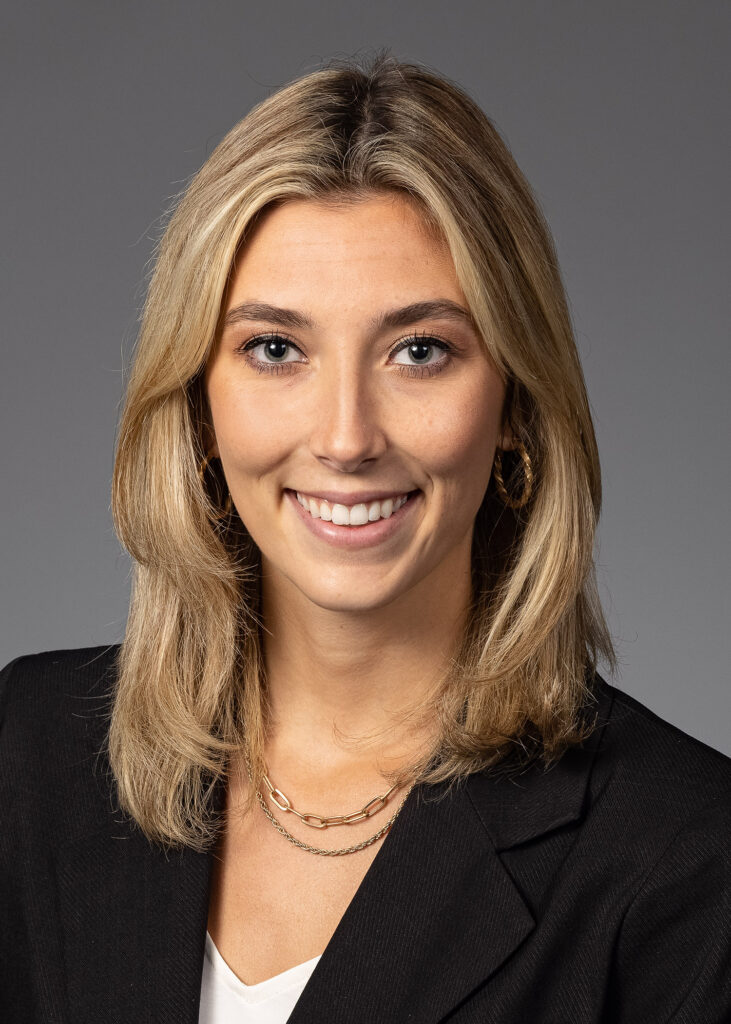March 25 2023. The Daily Reflector. By Julianna Roupas.

Since childhood, we have been told by our doctors to eat healthy. We are assured that if we eat fruits and vegetables, we will limit our risk for disease and achieve longevity.
These words always resonated with me, and I was convinced that medical school would unlock the secrets behind this recommendation. However, as my training progressed and I was placed in a position to relay nutrition information to a vulnerable population, I was at a loss.
According to the Centers for Disease Control, heart disease has been the leading cause of death in the United States for the last 80 years. Closely following, stroke, cancer and kidney disease all contribute to the top 10 most common causes of death in our country.
As a medical student training in eastern North Carolina, a region with poor health outcomes based on County Health Rankings, I am acutely aware of the prevalence of these chronic diseases. I have been educated on the cause of these conditions and how to treat them, however, I feel unprepared to provide advice on actionable prevention methods that are appropriate for their personal needs.
The American Heart Association details the growing scientific evidence that healthy dietary patterns significantly reduce the risk of cardiovascular disease and improve overall cardiovascular health. Physicians reported a willingness to educate their patients on how to implement diet recommendations, yet they feel they have insufficient knowledge on how to engage patients in effective and culturally sensitive nutrition counseling.
I first became aware of my knowledge gap when I began working on a project for the North Carolina Schweitzer Fellowship with my medical student colleague, Manthi Dissanayake. We discovered that food security was a significant need within our community and that a lack of access to healthy, affordable food directly correlated with the widespread chronic disease burden.
To address this need, we created a cooking series offering older adults dietary education featuring low-cost, nutritious recipes at the Pitt County Council on Aging. With the help of our mentor, Dr. Kathy Kolasa, we learned how to provide nutrition counseling to meet their needs and promote healthy lifestyles.
Medical education is designed to educate future doctors about different disease processes. It also strongly advocates for patient-centered care that considers different cultures, backgrounds and life circumstances. Nevertheless, medical students across the country report a lack of information about how to apply individualized nutrition education in practice.
Medical providers would agree that patients require accurate information on this topic to effect change in their personal health journey. How is this possible when most medical schools fail to meet the minimum hours of nutrition education recommended by the National Research Council? Medical curriculum must make nutrition more of a priority to provide students with the tools to proficiently address the importance of this topic with vulnerable patients.
Fortunately, my medical school has provided me with the information, resources and opportunities to leave my training with more nutrition education than most. The Schweitzer Fellowship has further allowed me to develop this knowledge and learn from community members.
However, many students are still entering the medical field without the confidence to engage in patient-centered conversations about diet. My Schweitzer Fellowship partner, Manthi, and I have developed ways to promote nutrition education within our own institution.
I encourage other medical students to seek opportunities that increase their understanding of nutrition counseling and take action to close this educational gap within the medical curriculum. In the future, it is my hope that physicians can not only help patients implement dietary modifications but explain why food is medicine.
Julianna Roupas is a member of the class of 2025 in the Brody School of Medicine and a 2022-23 N.C. Schweitzer Fellow. She is from Charlotte.
